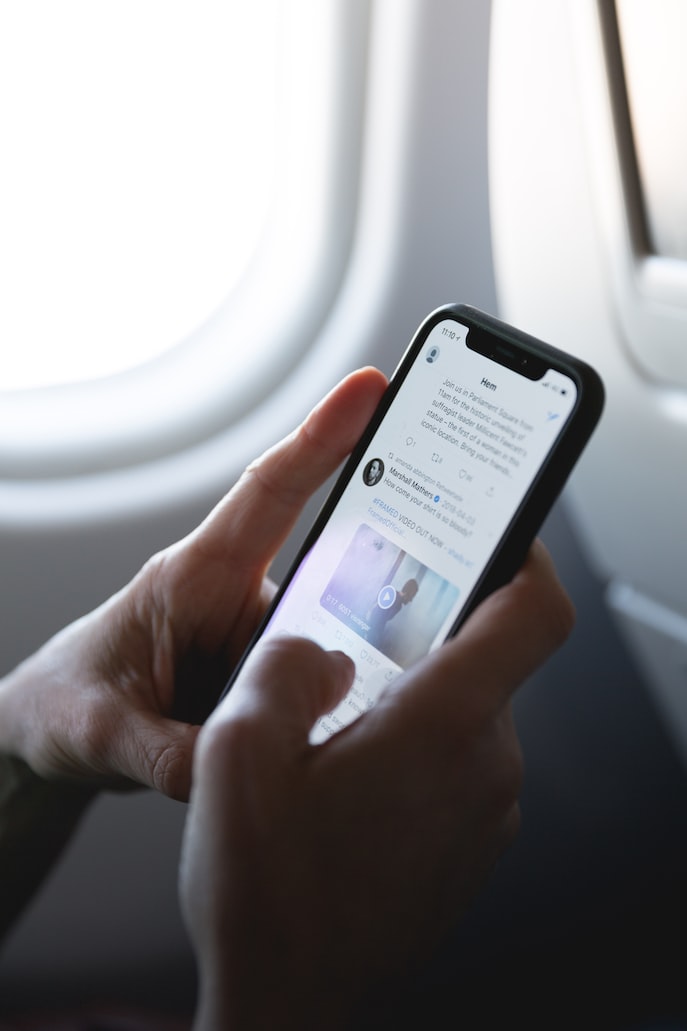Twitter has long been the hub for trending conversations in Nigeria, from serious social issues to mundane marital roles. But it’s rare for the latter to spawn a massive brand marketing outlet.
Yet that’s exactly what happened in the past week with Deborah Olaki, known as Mumzee. On January 4, Olaki tweeted about waking at 4:30 am to make her husband’s lunch. It immediately went viral.
As usual, opinions were divided. Some praised Olaki for upholding traditional values, while others criticized her choice as regressive gender stereotyping. For three days, social media users hotly debated the topic, following the pattern of fixating on trends until the next one emerged.
But while the initial uproar declined, Olaki did not. Her old tweets circulated, revealing she lacked a fridge or microwave. In Africa, fridge ownership signals middle-class status. Olaki did not fit this bracket.
Some users crowdfunded to buy Olaki a new fridge. This small act triggered an avalanche. Digital bank Kuda matched donations at over N2 million. Phone maker Infinix gifted a device. Then brands stampeded to give her anything imaginable – insurance, real estate, scholarships, even fuel vouchers from the NNPC.
Olaki had become a prime marketing outlet. Her followers skyrocketed, now over 160,000. Engagement was dizzying. She emerged as the biggest Nigerian internet star since chef Hilda Baci broke a world record last year.
Olaki’s saga echoes South Africa’s viral “KFC couple.” After mockery for proposing at KFC, public and corporate donations funded their dream wedding.





